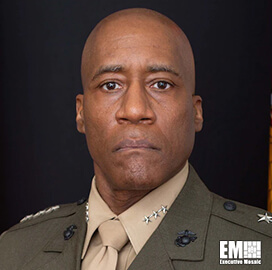Accenture Federal Services (AFS) announced that Jarrett Booz has joined the company and been named a senior manager as well as its program and project management lead.
Formerly a senior IT advisor with the Social Security Administration (SSA), Jarrett Booz will be responsible for organizing, directing and managing all the aspects of the company’s Department of Defense contracts.
“Jarrett’s deep experience in managing multiple digital transformation projects, combined with his sharp business acumen, will make him a strong asset in achieving our federal clients’ strategic, operational and technology goals,” Amy Giovannucci, managing director of Digital Platforms with Accenture Federal Services.
Jarrett Booz will bring more than 25 years of experience to Accenture Federal Services across the critical areas of cloud adoption, software consolidation, Windows infrastructure, VMware, and ServiceNow. In addition to the SSA, Booz has also served as an adviser with the Office of Systems Operations and Hardware Engineering as well as the National Security Agency.
“We are excited to have Jarrett make the leap into federal contracting by joining the Accenture Federal Services team,” Giovannucci added.
About Accenture Federal Services
Accenture Federal Services, a wholly owned subsidiary of Accenture LLP, is a U.S. company headquartered in Arlington, Virginia. Accenture’s federal business serves every cabinet-level department and 30 of the largest federal organizations.
Accenture Federal Services transforms bold ideas into breakthrough outcomes for clients at defense, intelligence, national security, public safety, civilian and military health organizations.






